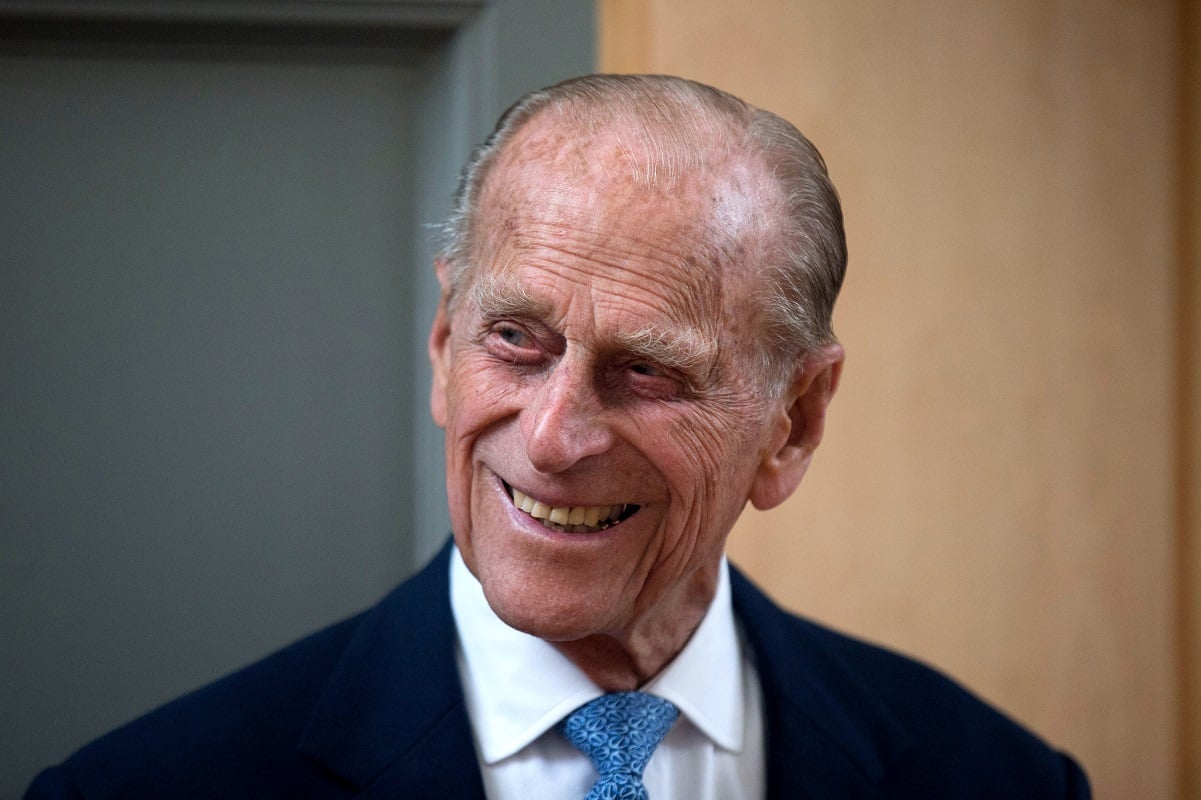Prince Philip’s Legacy Includes Problematic Comments About China and Chinese Culture
Anytime someone in the public eye dies, it provides an opportunity for reflection on what legacy they’ll leave behind. Legacies are complicated things, and many will argue that glossing over the less savory parts of how someone famous lived their life does a disservice to the complexities of the world.
After Kobe Bryant’s tragic death, many reminded us that he also left behind a legacy tainted with sexual assault allegations. Plenty of celebrities, lost too soon to addiction, have given the world an opportunity to reflect on the public health crisis of drugs.
Through one lens, being honest about these negative parts of a person’s legacy provides us all the opportunity to learn and grow. With that in mind, many are calling for a truthful look at Prince Philip‘s legacy — especially his problematic treatment of China and Chinese culture.

Asian and Asian-American discrimination is a topic of current relevance
While anti-Asian sentiment has certainly been a dark part of the Western world for centuries, it has recently become even more relevant and pressing. The Human Rights Watch cautioned that anti-Asian sentiment was on the rise in the wake of the COVID-19 pandemic.
“Since the outbreak of the pandemic, Asians and people of Asian descent have been targets of derogatory language in media reports and statements by politicians as well as on social media platforms, where hate speech related to Covid-19 also appears to have spread extensively,” the activist group warned.
Celebrities have recently gotten involved with the movement to push back on these dangerous and racist narratives. Actor Sandra Oh took to. the streets of Pittsburgh to give a speech at a “Stop Asian Hate” rally.
Popular K-pop band BTS also released a statement supporting the movement: “We cannot put into words the pain of becoming the subject of hatred and violence for such a reason. Our own experiences are inconsequential compared to the events that have occurred over the past few weeks. But these experiences were enough to make us feel powerless and chip away our self-esteem.”
Prince Philip had a history of public ‘gaffes’
The British royal family has a reputation of being intensely proper and carefully scripting their public responses to current events. After all, most of the royal duties are about representing the British culture, and Queen Elizabeth famously does so with an eye to detail and a dedication to traditions.
Prince Philip, however, has long been something of a wild card when it comes to going off script. He has made a series of public comments that have long been passed off as “gaffes,” especially in recent years given his advanced age.
As CNN reports, some see Prince Philip’s off-the-cuff remarks as charming: “Viewed charitably, those utterances could be seen as examples of a mischievous British sense of humor.”
Prince Philip has made many anti-Chinese comments
On the other hand, Prince Philip’s comments are incredibly important because they set the tone for the huge group of people who look up to the British royal family as a marker of acceptability and decorum. In this way, Prince Philip’s comments weigh far heavier than an average citizen’s — indeed, even far heavier than an average celebrity’s.
As Insider reports, Prince Philip’s history of racist comments — specifically those targeting China and Chinese people — is well-documented.
In 1986, he warned British students studying in China that they would get “slitty-eyed” if they spent too much time in the country. He also cracked jokes about Cantonese people eating anything that “has four legs and is not a chair.”
These anti-Asian sentiments have a lasting and damaging impact, and pretending that Prince Philip’s legacy did not include them does no one any favors.



